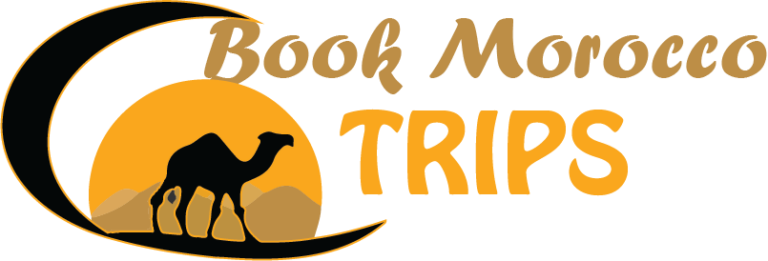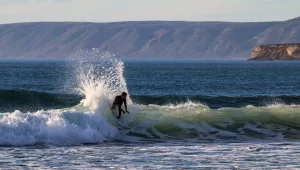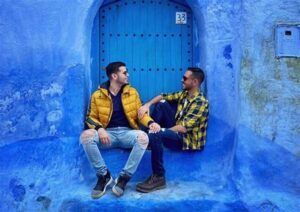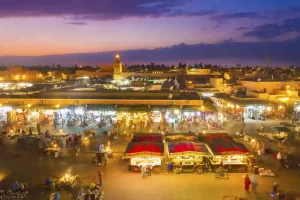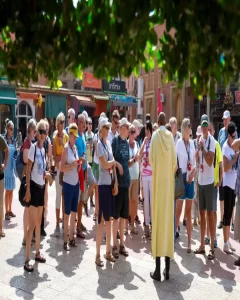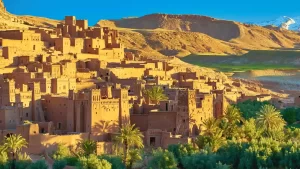Can Gay Individuals Travel to Morocco?
While same-sex sexual activity is illegal in Morocco and the country’s Gay community faces numerous challenges, this travel blog aims to provide insights and tips for LGBT individuals who wish to explore this enigmatic destination while staying safe and respectful of local customs.
Morocco is a country that beckons with its enchanting blend of vibrant culture, stunning landscapes, and rich history. From the bustling markets of Marrakech to the tranquil Sahara Desert, Morocco offers many experiences for travelers from all walks of life. However, for LGBT travelers, it’s essential to be aware of the complex legal and societal landscape.
Be Informed About Morocco laws and societal attitudes towards Gay individuals' travel :
Before embarking on your Moroccan adventure, it’s crucial to understand the local laws and societal attitudes toward the LGBT community. While Moroccan law prohibits same-sex sexual activity, it’s essential to be discreet and respectful of local customs. Avoid public displays of affection and open discussions about your sexual orientation to ensure a safe and enjoyable trip
Choose Gay individuals travel to Morocco Accommodations:
Many hotels and accommodations in Morocco are Guy+friendly, and the staff is often open-minded and respectful. Prior research can help you find safe and welcoming places to stay, where you can relax and be yourself.
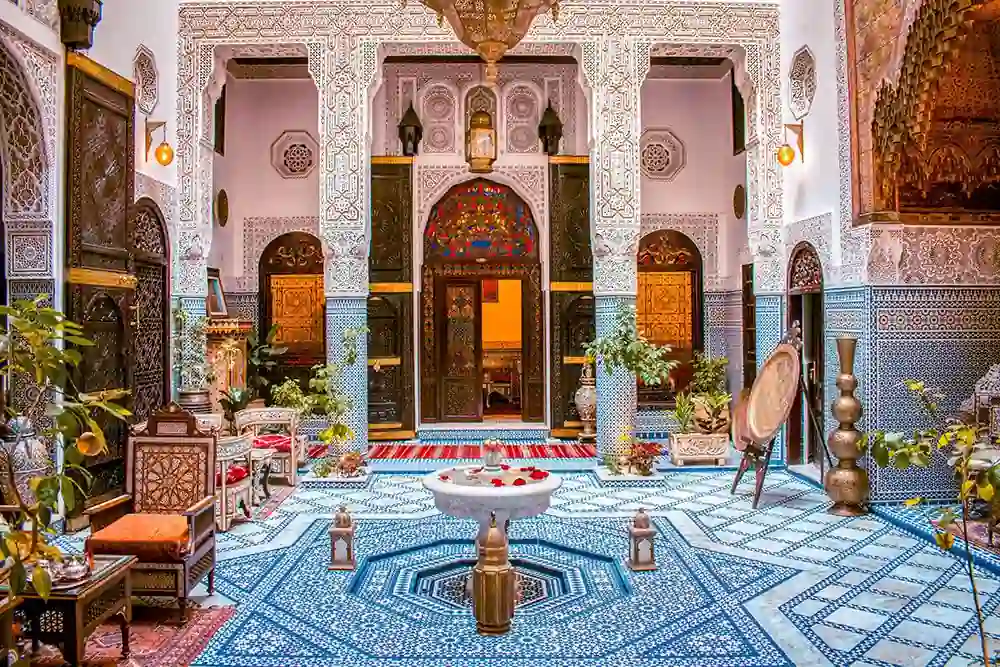

Morocco’s rich culture and history offer countless opportunities to explore. Visit the enchanting medinas, dine on delicious Moroccan cuisine, and immerse yourself in the vibrant traditions of the country. While being cautious about public displays of affection, you can still enjoy the beauty and warmth of Morocco’s culture.
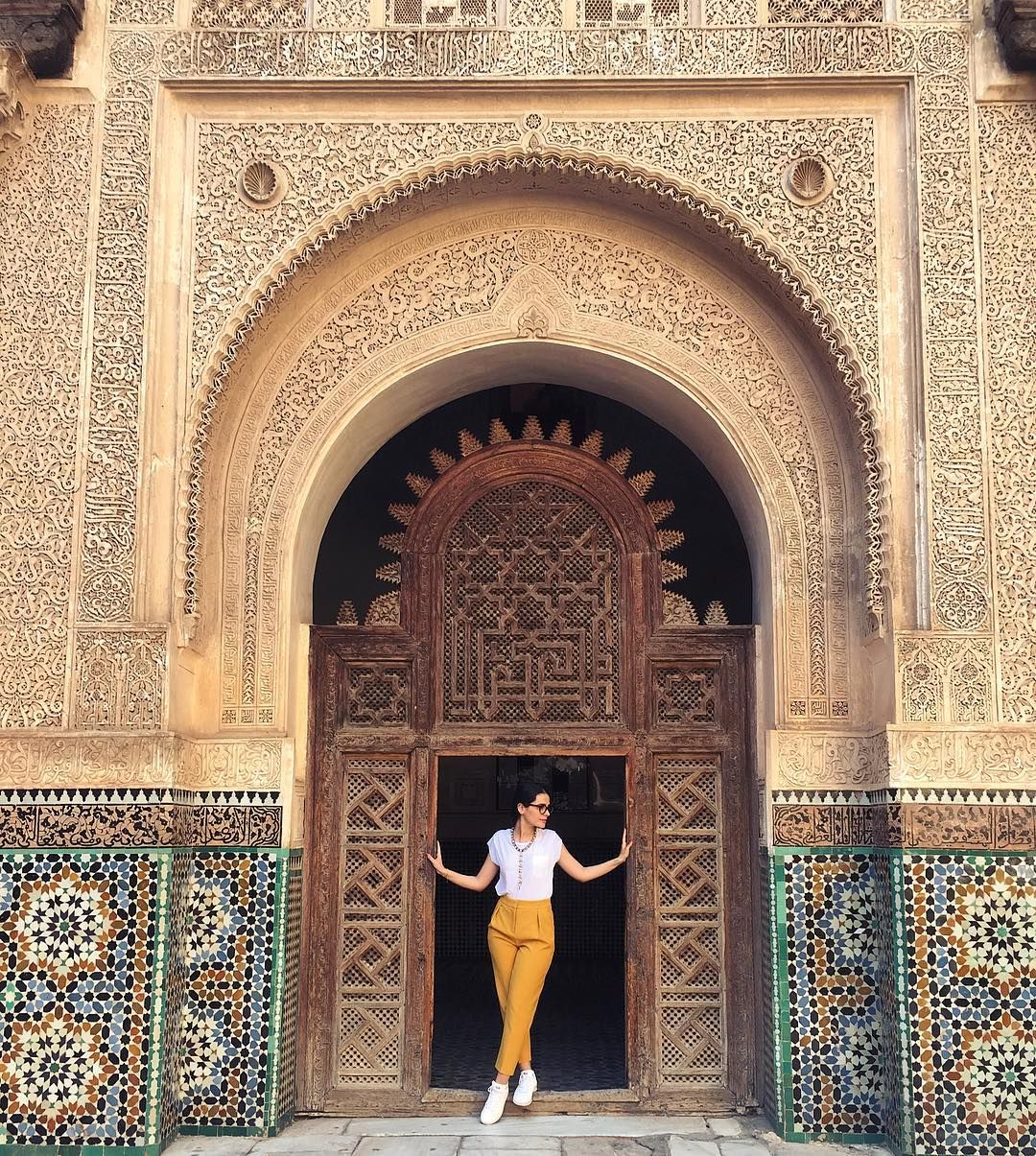
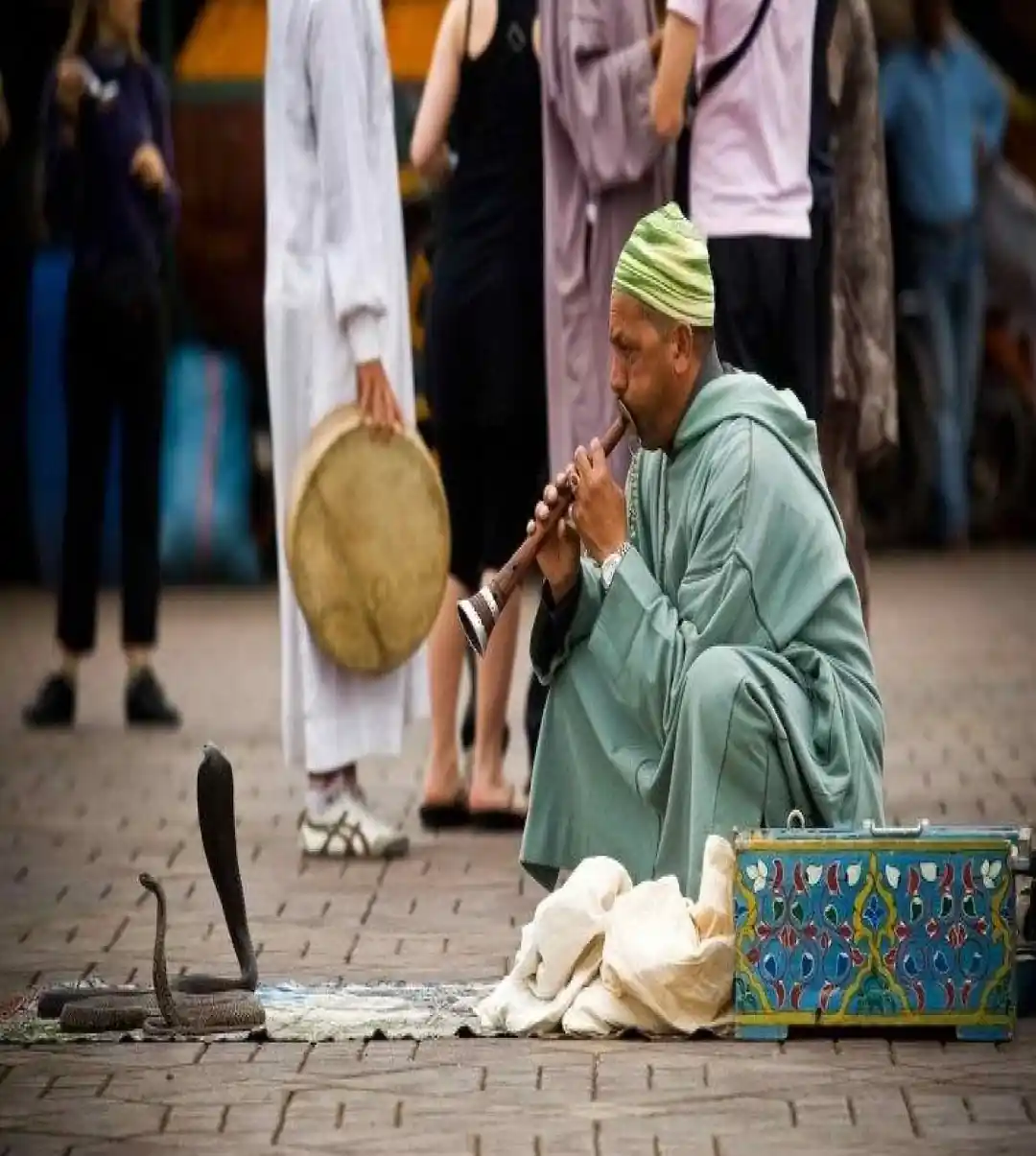
While attitudes towards Gay individuals are predominantly negative throughout Morocco, some urban areas are more accepting. Marrakech and Casablanca, for example, have a slightly more liberal atmosphere. Still, it’s essential to remain discreet and respectful.

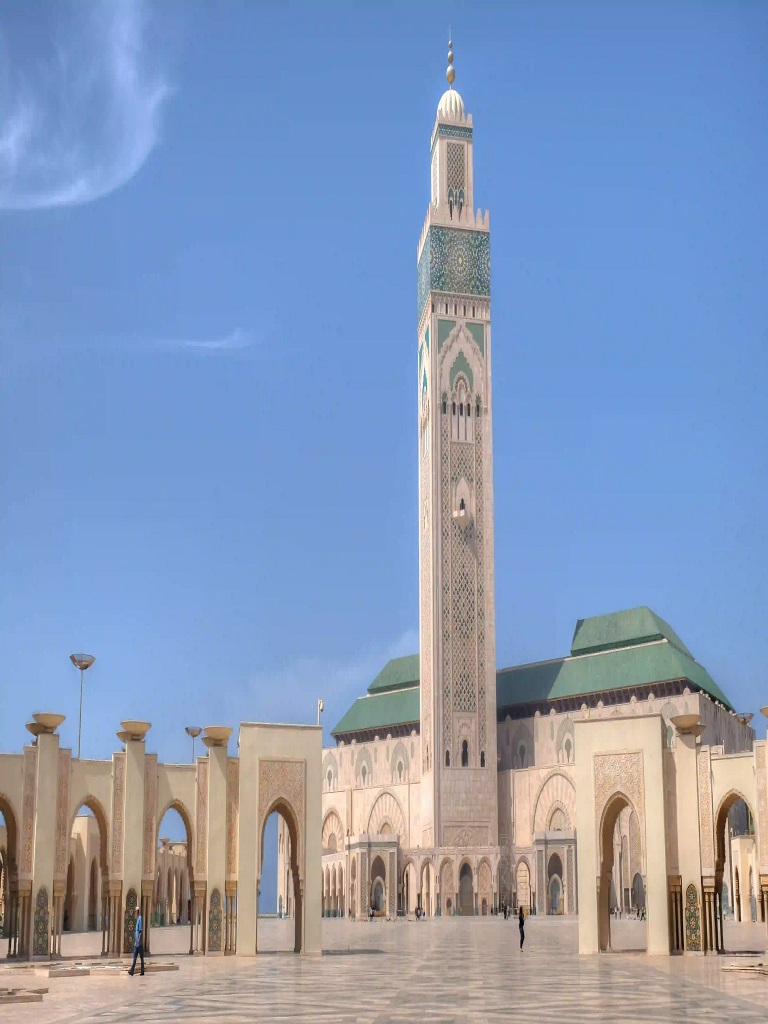
When in Morocco, it’s wise to dress modestly, as this is expected of all travelers, regardless of their sexual orientation. Respect local customs, such as avoiding revealing clothing and public displays of affection, to avoid unwanted attention.
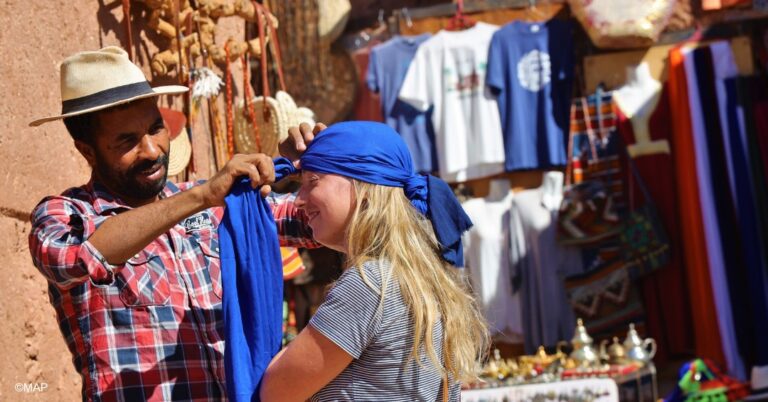
Public displays of affection are discouraged, regardless of the sexual orientation of the couple. While it’s essential to be true to yourself, it’s wise to avoid holding hands or kissing in public to prevent any uncomfortable situations.
Stay Safe:
Gay travelers should always prioritize their safety. Inform friends or family members about your itinerary, be cautious when exploring at night, and use reputable transportation options. Knowing the local emergency contact information is essential.
Frequently Asked Questions:
Dear guests, before you go to Morocco. You may ask and looking for some information to help you during your tour in Morocco. Here are some information and instructions we think that are important to know.
You can travel to Morocco any time of the year. However, there are better and recommended periods to visit Morocco rather than any time else. Morocco is at its best in spring (mid-March to November) when the heat of summer has eased.
At other times don’t underestimate the extremes of summer heat and winter, particularly in the high Atlas Mountains, where snowcapped peaks persist from November to July. If you are travelling in winter, head for South, although be prepared for bitterly cold nights. Morocco’s Mediterranean coast and Rif Mountains are frequently wet and cloudy in winter and early spring.
Apart from the weather. It is the time of ‘Ramadan month’; the traditional month of fasting and purification, which is another important consideration. During Ramadan some restaurants cafes are closed during the day time and general business hours are reduced.
There are number of languages in Morocco, but the two official languages that practiced in Morocco are: Modern standard Arabic and ‘Tamazight’ (Berber). The languages that used by Moroccan associations and administrations are: ‘Classical Arabic’ and ‘French’. Majority of Moroccans speak French language, due to the colonization. There are several Moroccans who speak Spanish as well, and educated people can speak English.
What is Moroccan Currency? How much is 1 Euro (€) in Moroccan Money?
‘Moroccan Dirhams’ is the currency of Morocco. The plural form is pronounced darahim, although in French and English “dirhams” is commonly used. Its symbol is “MAD”. The dirham is issued by the Bank Al-Maghrib, the central bank of Morocco. 1 Euro = 10,70 MAD. You can change Euros in many and different places among Morocco country.
Moroccans are differs from one to another, some local people don’t like to be photographed. Whereas, some others it’s very normal to take picture to or with. So, it will be better to ask the person first to take him/her picture. Some people may ask you for fee if you want to take a photo, especially snake charmers, artists, and sellers in the street. Well, we recommend you to ask for permission before taking pictures to the people.
The Price for any of our private tours depends on number of persons who will take such a tour. The price gets lower if more people shared the tour.
To confirm any tour with us, the deposit will be required to pay by PayPal or Western Union and the rest of the payment will be settled in cash during the trip. You can pay us either on Euros, USD or Moroccan Dirhams.
